So let’s talk about crafting killer emails – something we all wrestle with at some point right? It’s not rocket science but a well-written email can make a world of difference especially in the professional world.
Think of it like this: your email is often the first impression you make and you want that impression to be a good one right?

The Anatomy of a Professional Email: A Step-by-Step Guide
Let’s break down the essential components of a professional email.
Think of it as a recipe following these steps will ensure you’re creating something effective and pleasing to the eye and mind of the receiver.
1. The Subject Line: First Impressions Matter
This tiny little line is surprisingly powerful.
It’s the first thing your recipient sees and it determines whether they even open your email.
A vague or misleading subject line is like a doorstop – it keeps your message from ever being read.
Instead aim for clarity and accuracy.
Think of a few key words that summarize the content of your email.
For example “Project X Update” is far better than “Checking In.” Keep it concise ideally under 50 characters no one wants to scroll just to read your email subject.

This helps with readability on smaller devices also and who doesn’t use a mobile phone nowadays?
A poorly written subject line can result in your email being ignored or even marked as spam.
This is because many spam filters scan subject lines for keywords and phrases associated with unwanted emails.

Furthermore a poorly crafted subject line fails to pique interest leading to a low open rate which is a crucial metric for any email campaign.
Remember that your goal is not just to send an email but to encourage engagement.
2. The Salutation: Finding the Right Tone
This is where you greet your recipient.
The appropriate salutation depends on your relationship with the recipient.

“Dear Mr./Ms./Mx.
” is the standard for formal emails particularly when addressing someone you don’t know well.
“Hi ” works well for colleagues or clients you have an established relationship with but always remember to check company’s culture.
Using an inappropriate salutation can significantly impact the effectiveness of your communication.
A too-formal greeting in an informal context can feel stiff and impersonal while a casual greeting in a formal setting can appear unprofessional and disrespectful.

Remember to always consider your audience and the context of your communication when choosing a salutation.
Wanna level up your email game and stop accidentally sending those cringeworthy messages? This guide’s got you covered! 🚀 Check out this pro-tip guide for crafting emails that actually get read 😉
This is why some companies even offer courses on professional email writing – it’s that important! That is why we need this blog post!
3. The Body: Getting to the Point
This is the meat and potatoes of your email.

Keep it concise and organized using short paragraphs and bullet points whenever possible.
Get straight to the point.
Nobody wants to read a novel in their inbox especially when they’re juggling multiple tasks.
A poorly structured email body can make it difficult for the recipient to understand the key message.
Long rambling paragraphs a lack of clear structure and the absence of visual cues can lead to confusion and frustration.
Remember that your primary goal is to communicate your message clearly and effectively.
Wanna level up your email game and stop accidentally sending those cringeworthy messages? This guide’s got you covered! 🚀 Check out this pro-tip guide for crafting emails that actually get read 😉
Using formatting tools such as bullet points numbered lists and headings can significantly improve the readability of your email and help your recipient grasp the key points quickly.
4. The Call to Action (CTA): What Do You Want Them to Do?
If you want your recipient to take action clearly state what that action is.
This could be anything from responding to your email to scheduling a meeting.
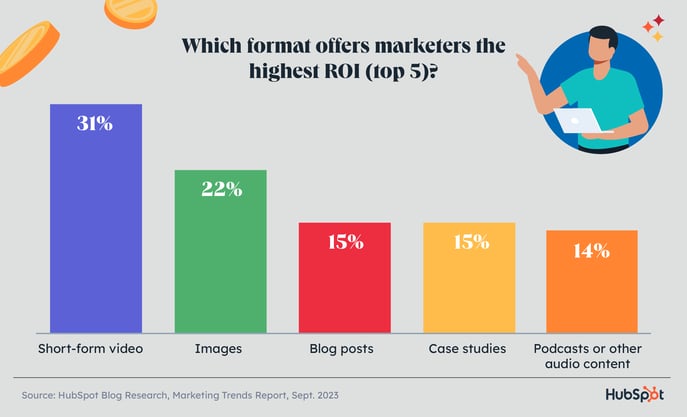
A well-placed CTA makes sure your email doesn’t end up in the digital trash bin.
A strong and clear CTA guides the recipient through the next steps ensuring your message is not just understood but acted upon.
This is the important part.
Without a clear call to action your email may leave the recipient wondering what they are supposed to do next.
This lack of direction can lead to a decrease in engagement and missed opportunities.
A well-defined call to action not only improves the clarity of your communication but also enhances the effectiveness of your email.
This might seem like a minor detail but it’s crucial for making an impact!
5. The Closing: A Polite Farewell
Similar to the salutation the closing should match the tone of your email.
“Sincerely” “Regards” and “Best regards” are suitable for formal emails.
“Thanks” or “Cheers” are fine for informal correspondence with your mates at work for example.

The closing of an email provides a sense of closure and professionalism.
Just as a proper introduction sets the tone a well-chosen closing reinforces the overall impression you want to create.
A careless or inappropriate closing can undo the positive impact of a well-written email body.
It’s the final detail that ties everything together so don’t just wing it.
6. The Signature: Making Yourself Accessible
Include your name title contact information (phone number email address) and possibly your company’s website or social media links.
Many email clients allow you to create a signature that’s automatically added to every email you send which is awesome!
Check our top articles on E-Mail schreiben: Aufbau, Tipps und Muster
A professional email signature provides essential contact information for the recipient which demonstrates professionalism and facilitates easy communication.
This is particularly important when dealing with individuals you haven’t previously met.
The absence of a proper signature can lead to delays and inconvenience as the recipient will have to figure out how to contact you.
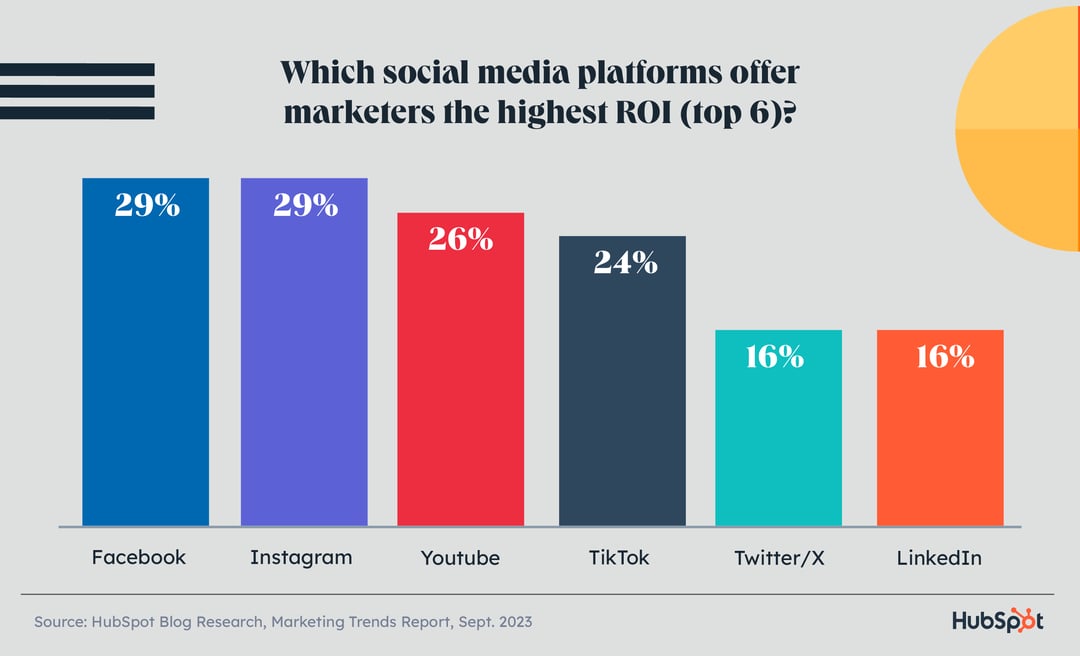
Attachments: Handling Files Like a Pro
If you need to send files make sure they are well-named and relevant to your email’s content mention them in the body of your email.
And for goodness sake don’t send files that are too large – nobody wants to wait ages for your attachments to download.
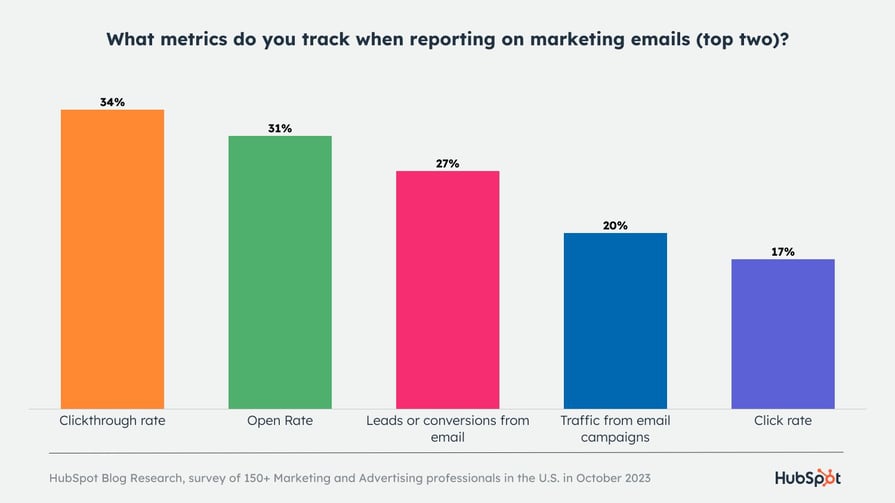
Also always double check everything before you send an email this is so important!
Sending large attachments can lead to delays in delivery and in some cases it might prevent the email from being received at all.
This is a major point for email communication.

Moreover improperly named attachments can cause confusion and hinder efficient communication.

A well-managed attachment is a hallmark of a professional and efficient email exchange.
Wanna level up your email game and stop accidentally sending those cringeworthy messages? This guide’s got you covered! 🚀 Check out this pro-tip guide for crafting emails that actually get read 😉
Therefore before sending any attachments consider ways to optimize file sizes and names to enhance their usability and clarity.
This goes without saying!
General Tips for Email Excellence
- Proofread: This is crucial. Typos and grammatical errors make you look unprofessional.
- Be respectful: Keep a polite and courteous tone in your writing. It pays off!
- Respond promptly: Unless it’s a complicated matter get back to your emails quickly.
- Use the “Reply All” judiciously: Don’t make a bunch of people read things they don’t need to.
Email Examples: Seeing it in Action
Here are a couple of examples to get you going.
Remember to replace the bracketed information with your own details.
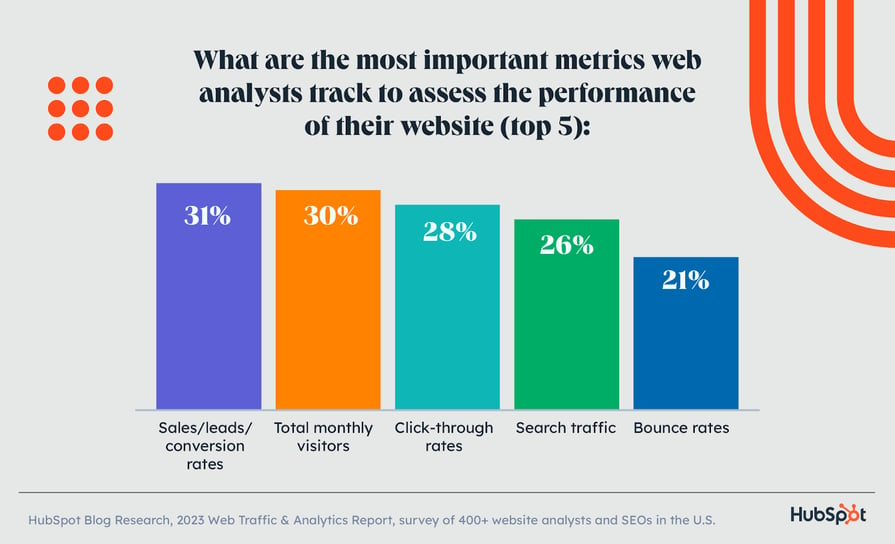
These are just templates adapt them to your specific situation and remember that your personality should show through your writing style!
Example 1 (Formal):
Subject: Meeting Follow-Up
Dear Mr.
Smith
I hope this email finds you well.


I’m writing to follow up on our meeting yesterday regarding the Alpha Project.
I’ve attached the minutes.
Please let me know if you have any questions.

Best regards
Jane Doe Senior Project Manager Acme Corporation
Example 2 (Informal):
Subject: Quick Question

Hi Sarah
Hope you’re having a great week! I had a quick question about the deadline for the Beta report.
Let me know if you can spare a moment to chat.
Thanks!
John Doe
Why Professional Emails Matter
In today’s digital world professional emails are paramount to success.
They reflect your work ethic and communication skills.
Sloppy or unprofessional emails reflect poorly on you your work and potentially your company as a whole.
Think of this scenario: You’re applying for a job and your cover letter email contains several grammatical errors.
Will that give a great first impression? Likely not.
By taking the time to craft well-written emails you present yourself in the best possible light fostering positive business relationships and enhancing your own credibility.
It’s a small investment of time that yields significant benefits.
Avoiding Email Faux Pas
There are some email mistakes you simply need to avoid.
Let’s look at a few common problems and how you can avoid them!
- Avoid using all caps: This is considered shouting and is generally impolite.
- Keep your language professional: Avoid slang jargon and informal language.
- Don’t forward emails without permission: This is both unprofessional and potentially a breach of confidentiality.
- Double check addresses before sending: Sending an email to the wrong person can be embarrassing and lead to misunderstandings.
The bottom line is this: emails are a crucial part of your communication repertoire.
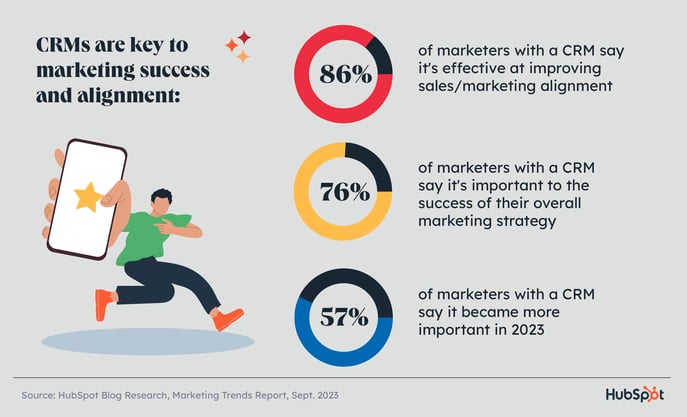
Make sure you use them to represent yourself and your company in the best light possible.
It might take time but perfecting your email skills is a really great investment for your overall professional life.

